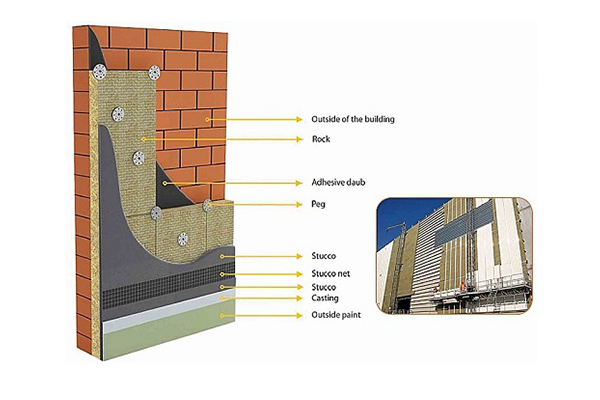There is no doubt that the high level of sound intensity (very load sounds with high power) will have some impacts on the spiritual and physical health of humans, however, the consequences of former is much worse. For instance, noise pollution will cause Hypertension, stress, Insomnia or poor sleeps, and heart problems. Moreover, Immune system being disorder and labor disturbances are another unwanted consequences of being exposed to noise pollution. If an individual be exposed to direct noise pollutions and so loud noises, there is a good chance that they will suffer hearing loss. Although hearing problem because of aging is so common, for a member of industrial society, who are exposed more, this might be much faster. Noise pollution can also put the environment and the ecosystem in danger. It may also contribute to vasoconstriction and correspondingly hypertension and other vascular disorders. Having a constant whirr sound on one’s ears is anothersymptom of vascular disorders. Above all, too many loud and sudden noises can bring about serious shocks and consequently the closure of all vessels, which may easily lead a person to a heart attack.
 Apart from direct impacts of noise pollution upon one’s physical health, it can increase stress and mental problems. Correspondingly, the increase of stress will raise the probability of making mistakes and occurrence of incidents in working conditions. Additionally, these may bring about the worst of everybody and causes abnormal and anti-social behavior, and violence.
Apart from direct impacts of noise pollution upon one’s physical health, it can increase stress and mental problems. Correspondingly, the increase of stress will raise the probability of making mistakes and occurrence of incidents in working conditions. Additionally, these may bring about the worst of everybody and causes abnormal and anti-social behavior, and violence.
The biggest resource of noise pollution is, indeed, car and plain traffics which accounts for %80 of the total noise pollutions. Loud music and industrial noise pollution are ranked after them. The cost of Europe noise pollution is estimated more than 40 milliard euro. Based on the latest statistics, one out of five individuals is exposed to noises with intensity higher than standards.
The least problem of noise pollution is called noise annoyance which does not necessarily cause stress, however, it may disturb one spiritually. Notably, noise annoyance is not only related to the intensity of but also is related to sound pattern and individual’s susceptibility. For instance, it is simply possible that a common but constant rattle, which, by the way, has no considerable intensity, can cause nervous tick. Another example is the noise ofa mosquito winging which can be considered so annoying for certain people and can bring about their drastic reaction while the maximum intensity of a mosquito winging is about 20 micro Pascal. There can be no unit or factor for noise annoyance because it is related to too much various factors such as working condition, individual proneness and their hearing abilities. it is even possible that a simple conversation between two person break a third person’s concentration or water dripping sound may stop a person from going to sleep. Therefore, thinking of a standard definition for noise annoyance is so difficult. However, some out-of-reach criteria can be defined. For instance, noise pollution in working environment must not be above 55 DB. These standards are drawn from statistics, for example between %35 to %40 of an study contributor has declared that sound with higher 55 DB in working environment is so disturbing that can prevent them from working properly.
One of the best approach toward evading noise pollution and its consequences is, indeed, soundproofing (sound insulation). Sound insulation in developed countries is among the criteria of valuing a property. Moreover, there have different standards and instructions defined for sound insulation. Soundproofing is necessary for many environments such as hospitals, libraries, residential buildings, Stadiums, educational campus, theaters and music halls, restaurants, cinemas and etc.
Additionally, by the means of sound insulation and complying with Sound health principles, noise pollution in industrial environment, which have sounds with high intensities, such as pressing, hammering, forged, sand casting, and saw working workshops, can be reduced favorably. This measure, finally, will improve individual health of laborers or staffs.





